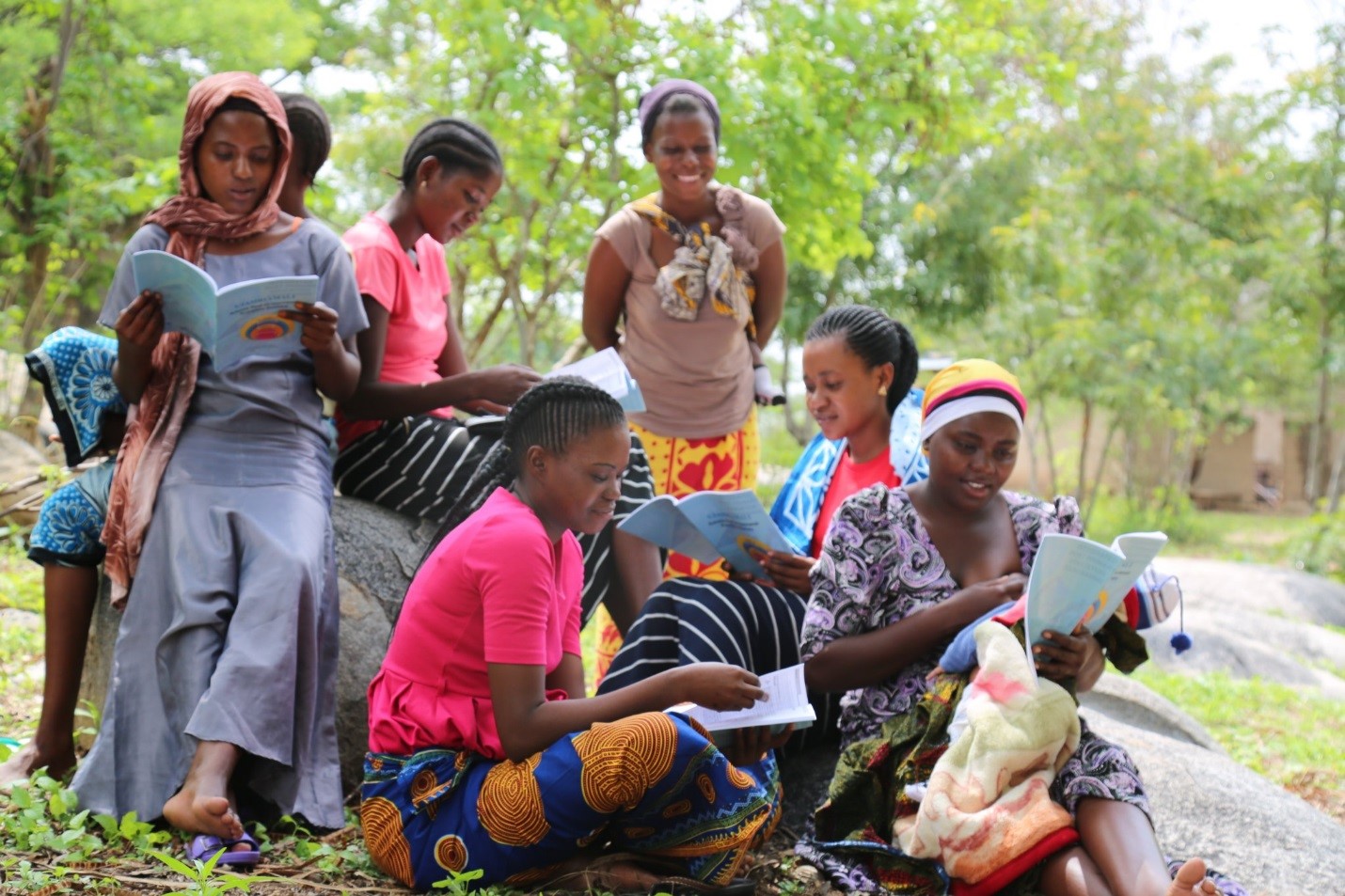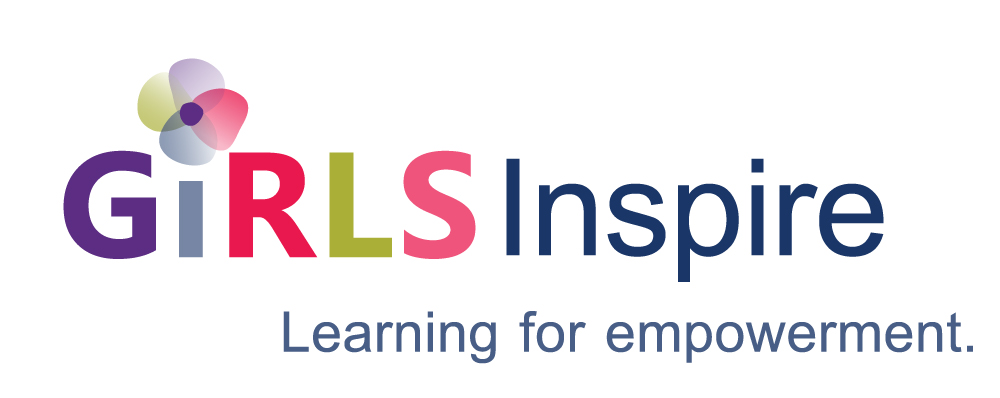
Around the world, 118.5 million girls are out of school, and women account for two-thirds of adults without basic literacy skills (UNESCO Institute for Statistics, 2022).
While gender parity has been achieved in primary school enrolment in 70% of the Commonwealth countries, 12 years of basic schooling remains a challenge for most girls in low-income countries. The UN Department of Economic and Social Affairs states that “global crises have highlighted and exacerbated existing gender inequalities, such as unequal access to healthcare, education, and economic opportunities. It is estimated that even with progress towards meeting SDG4 to ensure inclusive and equitable quality education and promote lifelong learning opportunities for all, globally, an estimated 132 million girls of primary school age were out of school. If girls are not completing primary school, they have little or no chance for secondary education. Data from UNESCO also shows that only 70 young women in low-income and 88 in lower-middle-income countries complete upper secondary school for every 100 young men who do so.
COL recognises that advancing the goals of both women’s empowerment and gender equality are central to “Learning for Sustainable Development.” In 2016, COL, with funding from the governments of Australia and Canada, launched GIRLS Inspire, a three-year project for girls’ education. This project consisted of the child, early and forced marriage (CEFM), Reaching the Unreached (RtU) and RtU Scaling up projects and ended in March 2021. Through GIRLS Inspire, COL partnered with community organisations and institutions to support schooling and skills development for some of the world’s most vulnerable and hard-to-reach women and girls using open, distance and technology-enabled learning.

The RtU, CEFM and RtU Scaling Up projects under GIRLS Inspire produced a successful model for providing relevant skills that lead to livelihoods for unreached and marginalised girls in remote and rural areas in Bangladesh, India, Mozambique, Pakistan and Tanzania. The results showed that 100,757 women and girls successfully completed both life skills and vocational skills training, with 22,172 of them subsequently moving into income-generating activities such as employment or self-employment and 1,235 child marriages were prevented.
Significant gender inequalities continue to exist, especially in relation to educational attainment and economic participation. Girls have been even more severely disadvantaged due to the Covid-19 crisis. Following the success of the GIRLS Inspire model, COL made it a fully integrated initiative, which is included in the 2021-2027 Strategic Plan.
The GIRLS Inspire initiative aims to achieve gender equality and women’s empowerment through skills development for livelihoods and follows a context-specific and holistic approach with coordinated interventions operating at the individual, household, community and societal levels. This approach provides linkages with employers for internships and employment opportunities and facilitates access to credit for self-employment. GIRLS Inspire aligns its work with local and national development needs for scale and sustainability. It uses the power of community mobilisation to influence change in national policy, while convincing government officials of the benefits of gender equality. COL built on the previous success of the GIRLS Inspire projects (CEFM, RtU and RtU Scaling Up) projects to extend to Namibia, Tanzania, Uganda, Kenya, Papua New Guinea, Solomon Islands and Tanzania.
Photo Credit: Institute of Adult Education, Tanzania
Available at: Brochure


